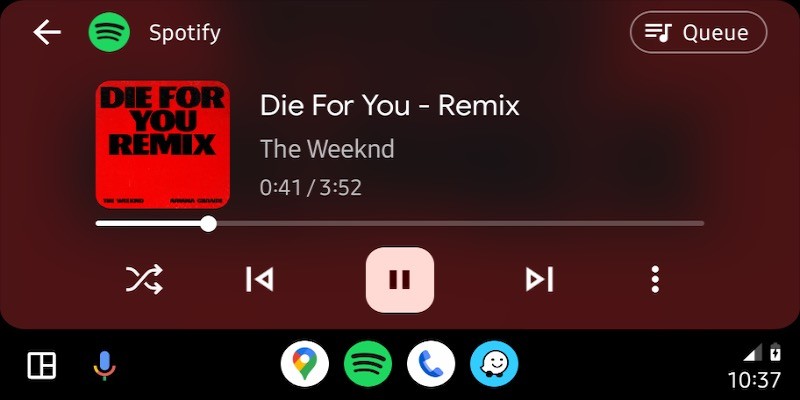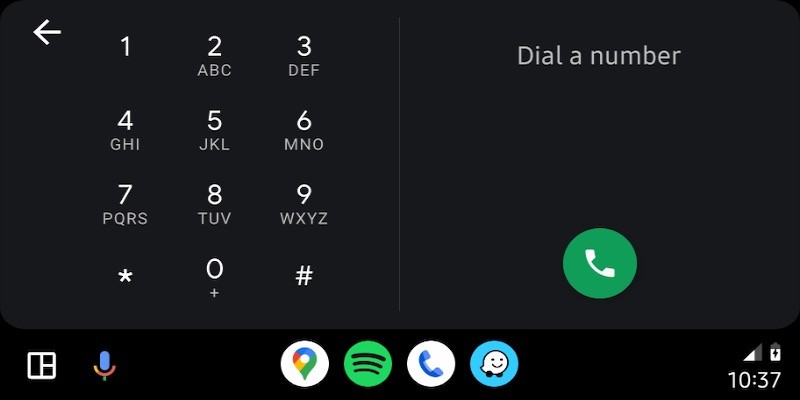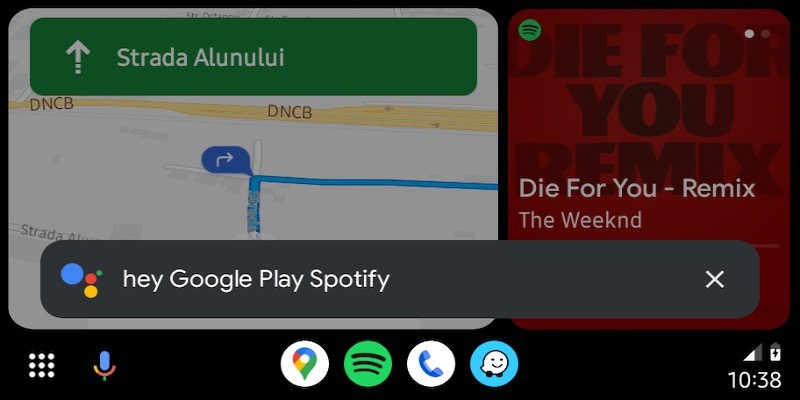Google’s efforts to expand the Android Auto app ecosystem have been met with challenges. In 2021, Enel’s JuicePass app, designed to provide drivers with access to charging stations and navigation, was rejected by Google due to non compliance with the required app templates.
This led to a legal dispute with Italian authorities, resulting in a significant fine. Google’s strict template guidelines, while intended to ensure consistency and user experience, have raised concerns about potential market dominance and limitations for app developers. While the templates provide a framework for app development, they can also be restrictive, limiting innovation and creativity.

This can be particularly problematic for smaller developers who may not have the resources to adapt to the constantly evolving requirements. Furthermore, the requirement for developers to use Google’s templates can create a barrier to entry for new players in the market. This can lead to a lack of competition and potentially higher prices for consumers.
Additionally, the reliance on Google’s templates can make it difficult for developers to differentiate their apps from competitors, reducing their chances of success. Google’s efforts to expand the Android Auto app ecosystem are commendable, but the company’s strict template guidelines present challenges for developers and consumers.
While the templates can help to ensure a consistent user experience, they can also limit innovation and competition. It is essential for Google to strike a balance between maintaining quality and allowing for a diverse and competitive app ecosystem. Google is once again facing scrutiny from European regulators over its handling of third party apps. The tech giant’s decision to block the JuicePass app on Android Auto has drawn the attention of the Court of Justice, which has raised concerns about potential antitrust violations.

This is not the first time Google has been accused of anti competitive practices; similar allegations have been leveled against the company in the past, particularly regarding Google Maps and Android Auto.
While Google initially justified its decision to block JuicePass on security grounds, it has since acknowledged that the app could be made compatible with Android Auto through updates to the app’s template.
However, it remains unclear whether the necessary security changes have also been implemented. Meanwhile, Google is expanding its Android Auto app ecosystem to include new categories such as video apps, browsers, and games. This move is expected to increase competition and offer users a wider range of in car experiences.

